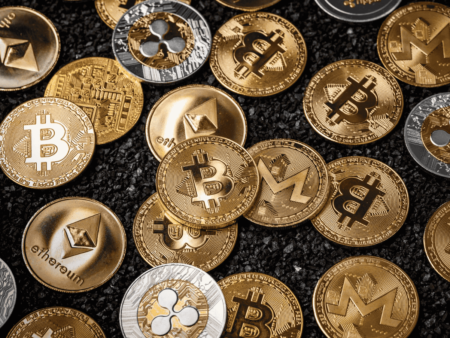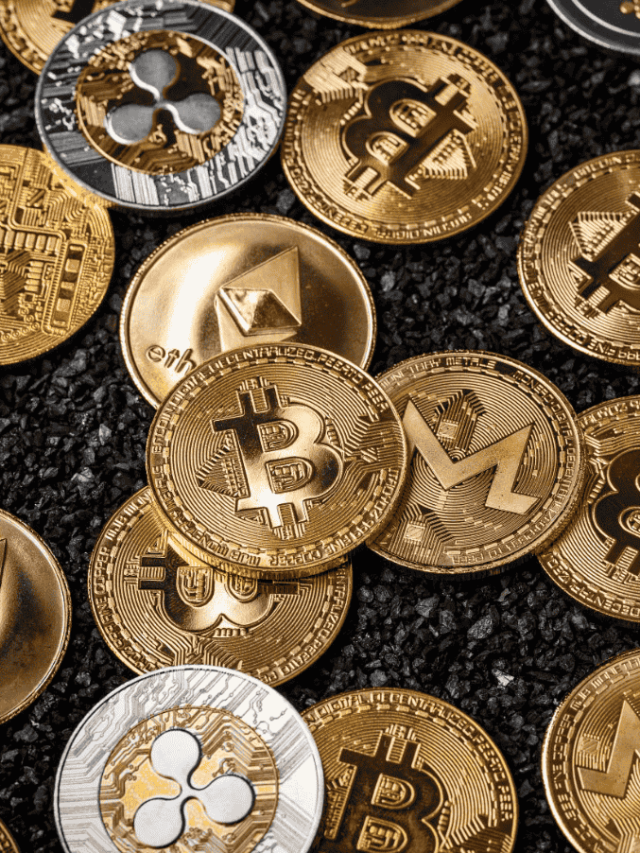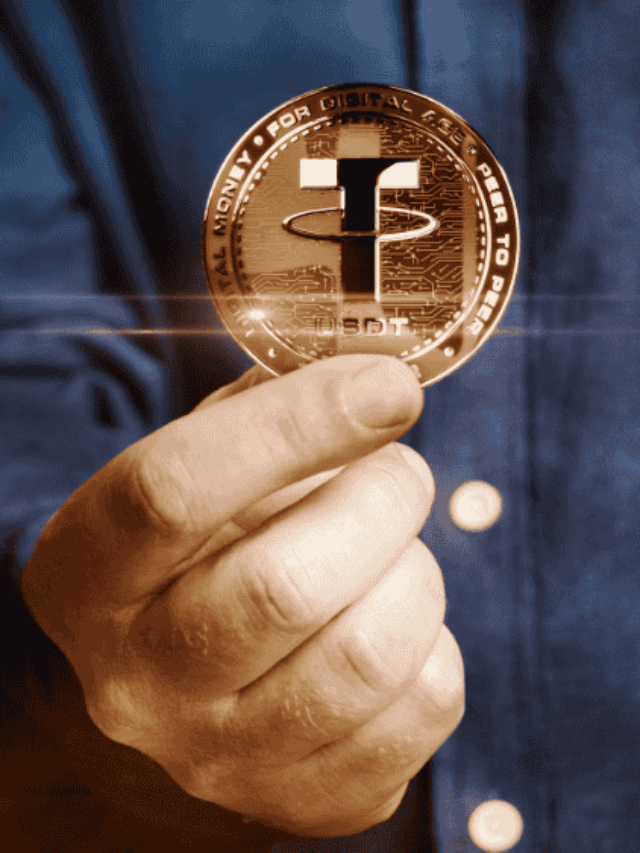Digital currencies have emerged as one of the most successful investment options in today’s fast-changing cyber world and are seen as a potential means of conducting online transactions effectively. The more the world today is embracing digital currencies, the more there is a dire need for strong crypto wallet security. Be it a new entrant or an experienced investor in the world of cryptocurrencies, ensuring your digital assets’ safety needs to be paramount. This tutorial will discuss the importance of crypto wallet security and give you the practical tips to help you protect your investments against theft and fraud.
Why Crypto Wallet Security Matters?
Cryptocurrencies are stored in digital wallets, which may be vulnerable to various types of security attacks. If not well secured, your assets could be exposed to theft or loss. Cybercriminals are constantly in search and implement various methods to capitalize on any loopholes in the security of crypto wallets. You can actually reduce the possibilities of falling into the hands of such an attack by being proactive, thus protecting your assets.
Strong Passwords
However, creating a strong and unique password is among the easiest and most effective ways to increase the security of a crypto wallet. A strong password is vital in preventing unauthorized access. Easily guessed passwords or common phrases should be shunned. Preferably, it should be a combination of letters, both upper and lower case, numbers, and special characters. The toughness of the password makes it much tougher for hackers to compromise your wallet.
Moreover, to add an extra layer of security to your password, avail the services offered by a password manager. Password managers can generate complex passwords for you and store them, so managing crypto wallet security by yourself will be that much easier without having to memorize each password.
Enable Two-Factor Authentication (2FA)
Two-factor authentication is an extra layer of security that your crypto wallet requires. If anyone tries to access your wallet with your password and 2FA is activated, it will ask for a second factor to verify. This most often requires a code sent to your phone or an authentication app.
2FA is a strong tool that enhances your crypto wallet security. This drastically reduces the possibility of hacking, since any successful hack would require your password and a verification code sent to the second verification device. It is very important that you ensure the 2FA feature is turned on for your crypto wallet and all accounts related to it.
down
Keep Software Up-to-Date
The only surefire way of maintaining crypto wallet security is by updating the software on a regular basis. This is where critical security patches are released, enabling the software to move into new threats that may arise. Make sure that your wallet application and associated software are updated.
Outdated software exposes your wallet to risks because hackers love attacking known vulnerabilities. Keeping the software up to date will help neutralize these risks and ensure your crypto wallet is kept secure.
Use a Hardware Wallet
You may want to store your cryptocurrencies in a hardware wallet for added security. Unlike software wallets, which are installed on a device, a hardware wallet is a physical device used to store your private keys offline. Because they keep your keys offline, they are less vulnerable to online attacks and hacking.
Hardware wallets give immense security to your crypto. Though they can be an upfront investment, the deeper security option might be priceless for those moving around a substantial quantity of cryptocurrency. Research reputable brands within hardware wallets and follow their setup instructions, as this will help in ensuring crypto wallet security.
Backup Your Wallet
Performing regular backups of a crypto wallet is another indispensable step in keeping the security intact. Backups give you the possibility to restore your wallet in cases when something was lost, damaged, or corrupted, or to recover your funds. Not having such a backup will incur the risk of losing access to assets forever.
To back up your wallet, follow the instructions set out by your wallet provider. Typically, you would have to make a backup file or write down your recovery phrase. Ensure this backup is stored in a safe place, away from your principal device. Don’t save backups on any device that is online all the time because this places them at greater risk of being compromised.
Watch Out for Phishing Scams
Phishing scams are spread everywhere in the crypto world. These fraudsters apply a plethora of unscrupulous tactics, using fake emails or websites requesting your access to sensitive information or login credentials. Those kinds of scams compromise crypto wallet security and may even result in financial loss.
Avoid phishing scams by being very cautious with clicking links and providing sensitive information. Confirm the source of every communication that could inquire about your wallet details. Check website URLs to ensure that you are on legitimate websites. If you ever feel any doubt, directly contact your wallet provider to confirm the validity of such requests.

crypto wallet security
Wallet Activity Monitoring
Monitoring crypto wallet activities can be one of the ways you could keep these wallets secure. Constantly monitoring your wallet for transactions means you would easily track any suspicious activities or unauthorized attempts at accessing it. Most of these wallet apps have features that will provide you with your recent transactions and the ability to set up notifications for changes.
Take immediate action once you notice the threat of suspicious activities to secure your assets; it could be anything from changing passwords to disabling 2FA, and all the way to reaching out to support for your wallet provider. Being vigilant and proactive will do much in maintaining crypto wallet security.
Multi-Signature Wallets
Multisig wallets allow for an added layer of security, since several private keys are needed in order to authorize any transaction. That is to say, one single party does not have the full ownership of the wallet; different parties must sign off on transactions before they are executed.
Multisig wallets prove to be of immense utility in instances of large amounts of cryptocurrency and for business purposes. You have the ability to gain added security by giving partial control to other people so that you can spread the risk of having someone’s account get compromised and losing all your crypto.
Don’t Use Public Wi-Fi
Using open Wi-Fi networks can expose you to a variety of security risks. Public networks are less secure, and therefore, hackers have an easier time trying to get hold of data sent via these networks. That includes sensitive information connected with your crypto wallet.
Never go into your wallet or do a transaction on public Wi-Fi for its security. Wherever possible, make sure that you connect with a secure, private connection. In case you are going to use public Wi-Fi, consider using a VPN as a way of encrypting your data for improved security.
Conclusion
Security for the crypto wallet is one aspect of keeping your digital asset safe. With the tips highlighted herein, you can greatly reduce theft and unauthorized access. Strong passwords, two-factor authentication, hardware wallets, and regular backups are all security measures for your digital currency. Other ways to keep your cryptocurrency secure involve being vigilant over phishing scams, monitoring wallet activity, and using multi-signature wallets.
Remember that strong crypto wallet security is basically synonymous with the safety of your investment in this fast-changing digital world. Be informed about the possible dangers and take precautions to protect your assets. As a matter of fact, once the right measures are taken, you will have more peace of mind to enjoy the benefits of cryptocurrency.8
















